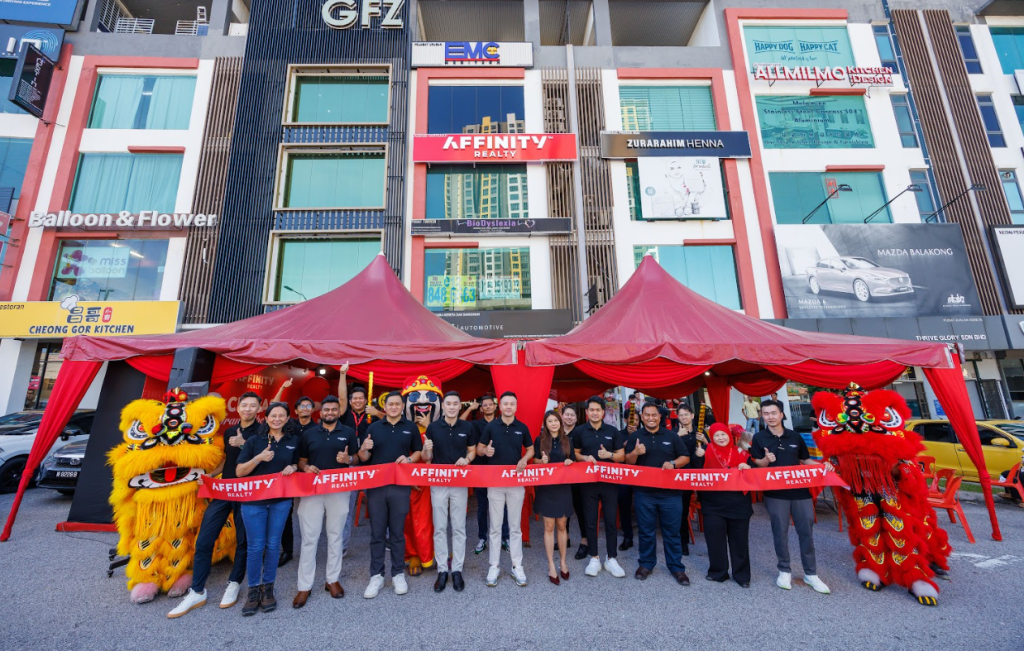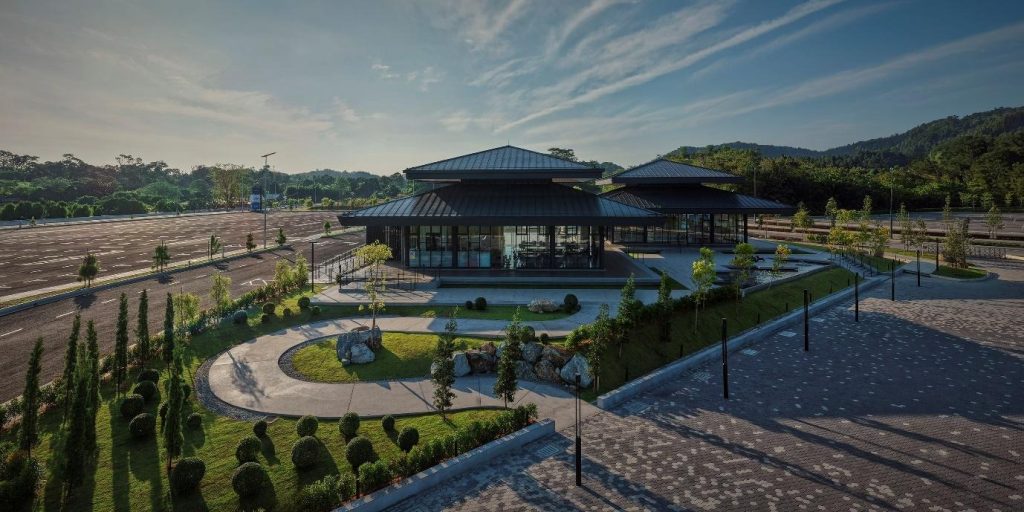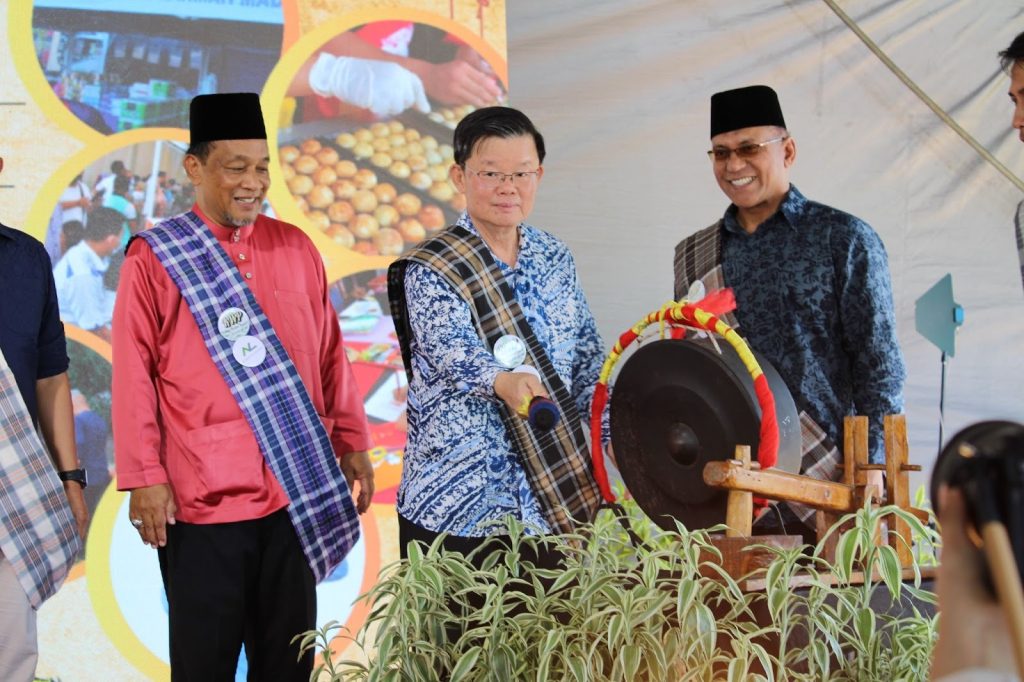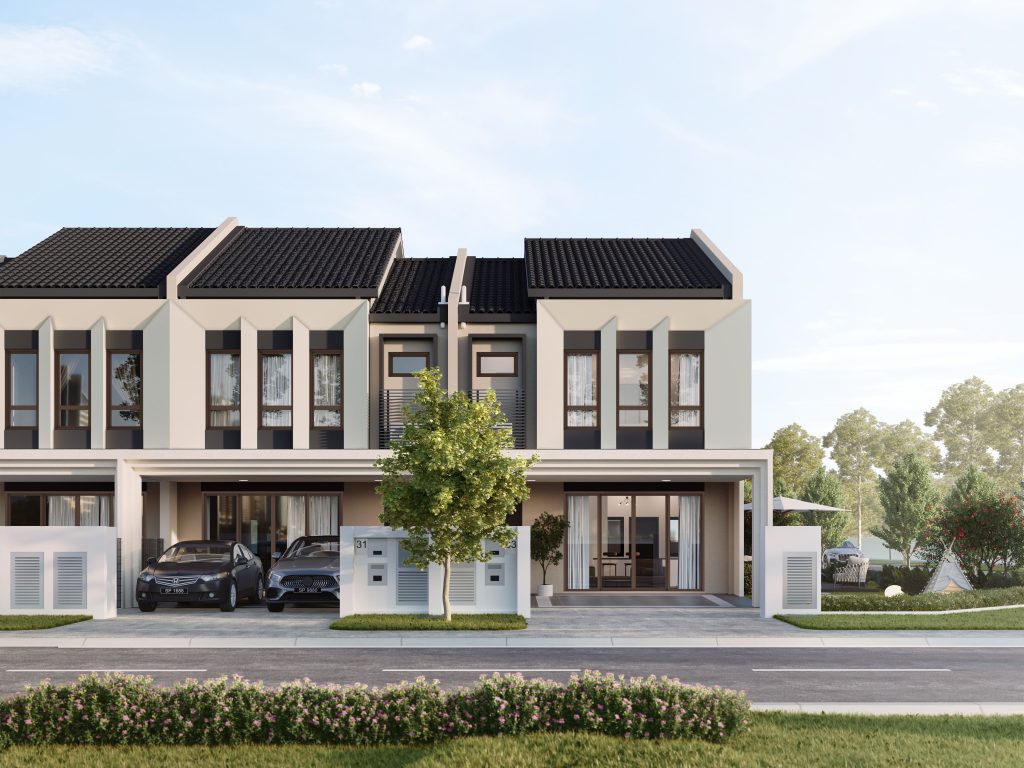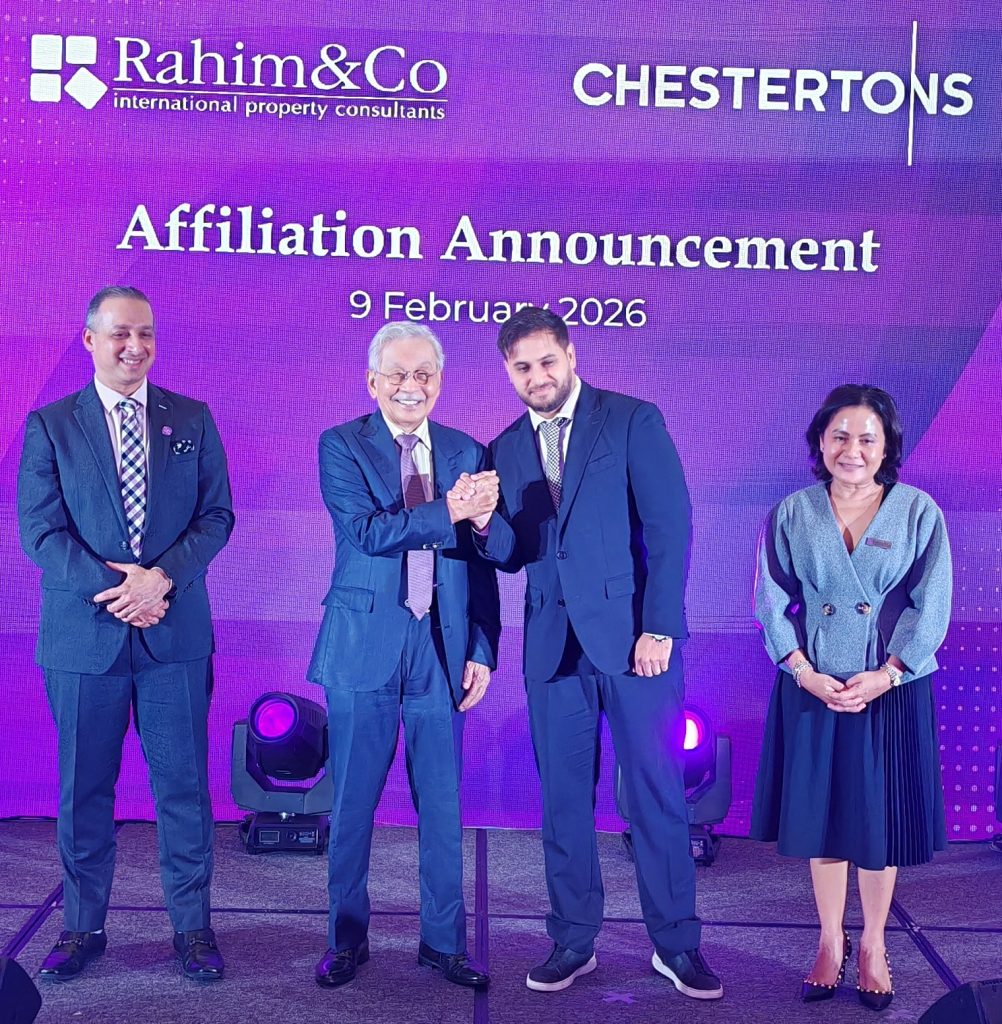
At the recent 46th Asean Summit, Prime Minister Datuk Seri Anwar Ibrahim and Singapore's Prime Minister Lawrence Wong discussed the JS-SEZ. Picture courtesy of Foreign Ministry.
Initiative receives strong response on the back of bilateral integration commitment
By Yip Wai Fong
Covering an area of 3,505 sq km, the Johor-Singapore Economic Zone (JS-SEZ) aims to establish a free trade zone in Johor that synergises with business and investment in Singapore, accelerating growth for both nations. Prime Minister Datuk Seri Anwar Ibrahim stated that the JS-SEZ, where two countries work together as a team to promote investments, is a rare and remarkable achievement.
Among others, Malaysia and Singapore have committed to collaborating on investments across 11 economic sectors, facilitating the expansion of 50 projects within the first five years and a cumulative 100 projects within the first ten years. This initiative is expected to drive economic growth in both nations while creating 20,000 skilled job opportunities.
The JS-SEZ will also facilitate the seamless movement of people and goods. To this end, the two countries will be implementing automated immigration lanes, strengthening their respective local transport links, exploring the feasibility of increasing commercial vehicle usage at the Second Link and the potential for data sharing in customs processes.
On Malaysia’s part, it has established the Invest Malaysia Facilitation Centre – Johor (IMFC-J) as a one-stop centre for investors and businesses within the JS-SEZ. Jointly led and operated by the Iskandar Regional Development Authority (IRDA), Invest Johor and the Malaysian Investment Development Authority (MIDA), IMFC-J is connected to ten federal agencies and numerous local agencies and departments, making it an end-to-end centre for investment-related processes.
Since its opening in February, IMFC-J has received strong interest in the JS-SEZ initiative, said Invest Johor chief executive officer Natazha Hariss.
“The three agencies leading IMFC-J—IRDA, Invest Johor and MIDA—have been receiving numerous requests for visits from embassies and foreign companies since news of the JS-SEZ spread,” he said, adding that IMFC-J has also received hundreds of investment inquiries and is in the process of accelerating more than 40 high-impact projects.
Recently, Johor Chief Minister Datuk Onn Hafiz announced that the state recorded RM27.4bil in foreign direct investment (FDI) in the first quarter of this year—a huge increase largely attributed to the JS-SEZ.
“Last year, in the first quarter of 2024, we only achieved RM4bil in FDI. That means, if you compare quarter to quarter, there’s an increase of RM24bil in just one year and this is just the beginning,” Hafiz said.
A promising initiative
JLL’s Southeast Asia research and consultancy head Chua Yang Liang, who is based in Singapore, noted that the JS-SEZ is built on the firm foundation of Iskandar Malaysia as an economic growth region, with clear economic policies and incentives. However, he stated that market observers and businesses are closely watching infrastructure development, especially cross-border connectivity.
“A special economic zone has three defining characteristics — a clearly designated geographical area, liberalised economic regulations distinct from the rest of the economy and strong infrastructure support. These factors are critical to the zone’s success. The JS-SEZ’s effectiveness will thus depend on the economic policies between the two regions and how the “twinning of businesses” is implemented and supported across both regions,” Chua explained.
Chua also highlighted the longstanding economic ties between Malaysia and Singapore that predate the JS-SEZ.
“Even before the JS-SEZ, businesses in Singapore had been moving their operations to Johor to capitalise on lower operating costs. Trade with Malaysia reached RM427.8bil (US$101bil) in 2024, up from RM64.4bil (US$15.2bil) in the 1990s. The trade connection between our two countries is epitomised by over 350,000 Malaysians commuting daily to Singapore and Capitaland Malaysia Trust’s RM72mil investment in Senai,” he said, referring to the real estate investment trust’s acquisition of industrial properties in the area, announced in February this year.
“At the end of the day, the impact of the JS-SEZ, particularly on real estate, will depend on where firms choose to position themselves. Firms’ relocation decisions are complex — manufacturers are usually less mobile due to sunk costs while financial and administrative operations are more flexible and sensitive to the tax environment,” Chua elaborated.
Chua also emphasised that the JS-SEZ presents an opportunity to strengthen regional trade amid US tariffs.
“Global geopolitical risks, increasing regionalism and the need for resilient supply chains have driven demand for bilateral solutions. The JS-SEZ comes at an opportune time, leveraging the growth of regional trade, which is set to strengthen, especially following the recent agreement between Asean, China and the GCC to foster greater economic collaboration,” he remarked.
(Sidebar)
JS-SEZ progress since Jan 2025
January
- JS-SEZ agreement was signed.
February
- United Overseas Bank Ltd (UOB) launched a green lane with Invest Johor to fast-track investments into the JS-SEZ.
- Investment Malaysia Facilitation Centre Johor (IMFC-J) opens in Forest City to streamline investment processes for JS-SEZ.
April
- MITI Malaysia, MTI Singapore and the Johor state government jointly organised the JS-SEZ Joint Business and Investment Forum. Some 1,000 policymakers, business leaders, GLCs, institutional investors and industry representatives participated.
May
- At the JS-SEZ Partners dialogue: Advancing Facilitation forum organised by the Economy Ministry and IRDA, six banks signed a letter of intent (LOI) today with the ministry to support the JS-SEZ. The banks are Maybank, CIMB Bank Bhd, Bank of America, HSBC Bank Malaysia Bhd, Sumitomo Mitsui Banking Corporation and CGS International Securities.
- Maybank and tycoon Tan Sri Chua Ma Yu participated as the first pilot single-family office establishment under the Malaysian single-family office scheme in the Forest City Special Financial Zone (FCSFZ).
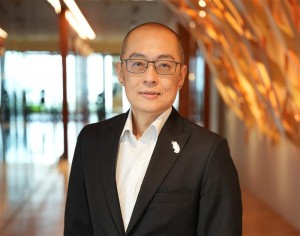
Market observers are closely watching cross-border connectivity and infrastructure development, Chua said.
Stay ahead of the crowd and enjoy fresh insights on real estate, property development and lifestyle trends when you subscribe to our newsletter and follow us on social media.



